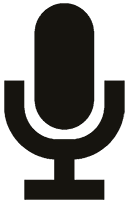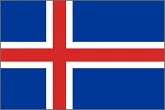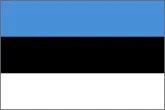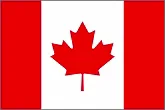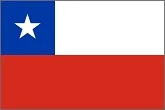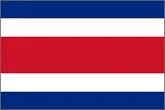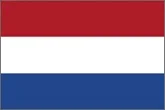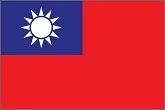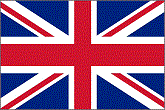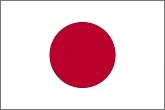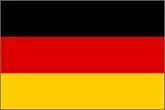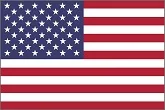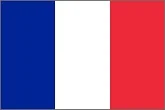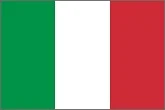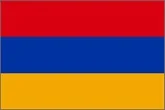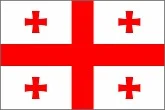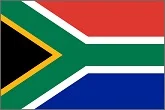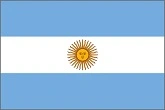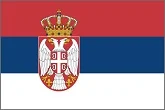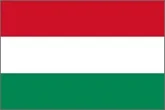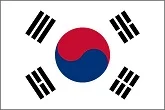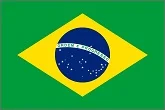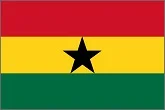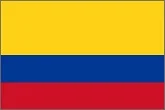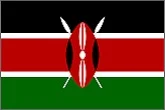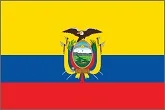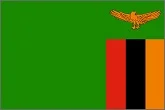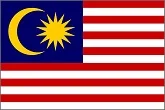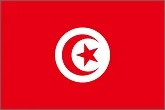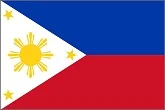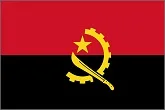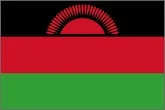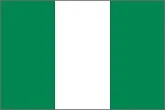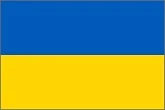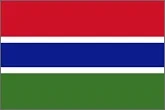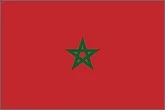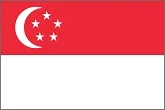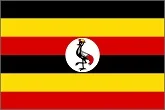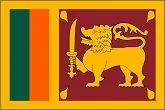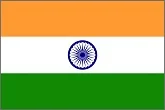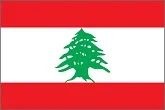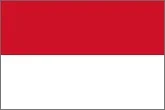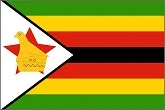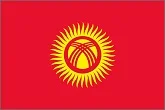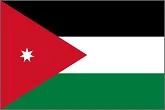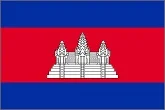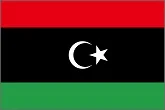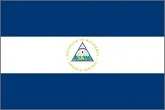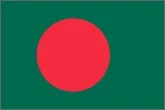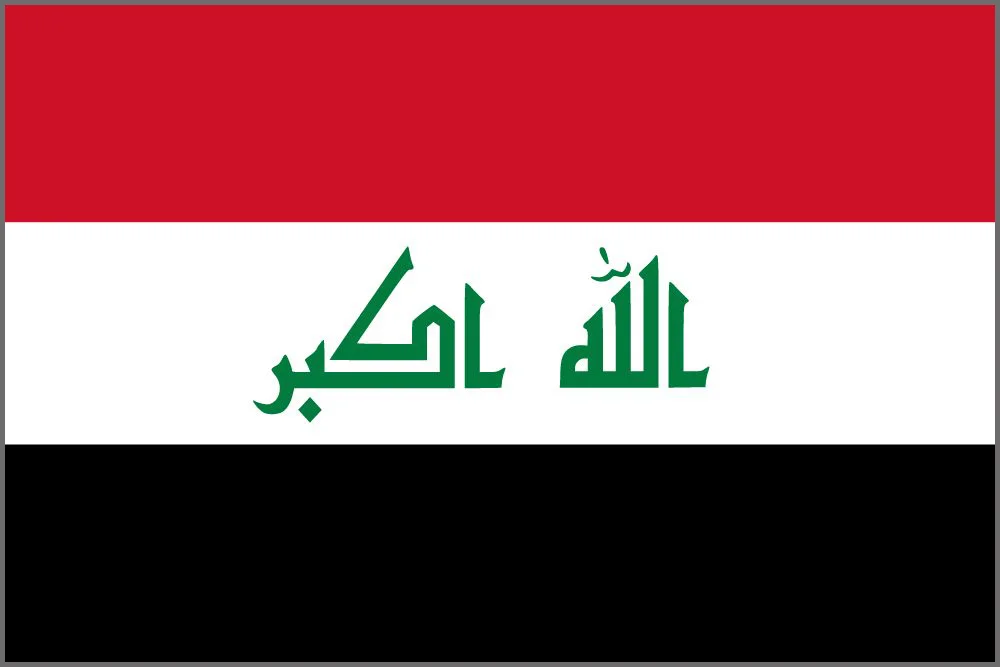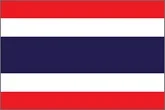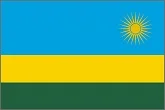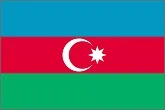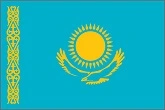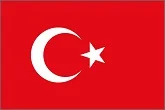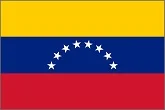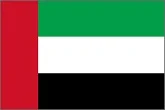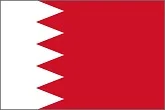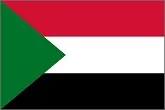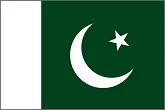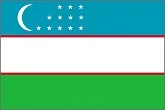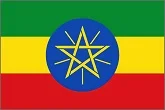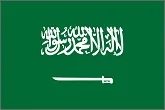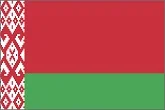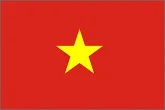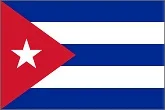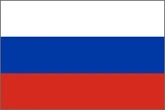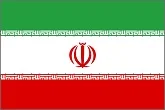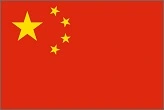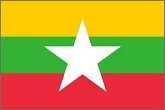Freedom on Internet Index. Data by Countries from 2011 to 2024
List
Visualization
|
Definition
Freedom on the Net measures the ways that governments and non-state actors around the world restrict our intrinsic rights online.
Freedom on the Net scores are based on a scale of 0 to 100 with 100 representing the best level of freedom on the net progress and 0 the worst.
The Research and Scoring Process:
- Obstacles to Access (0-25 points) details infrastructural and economic barriers to access, legal and ownership control over internet service providers , and independence of regulatory bodies
- Limits on Content (0-35 points)analyzes legal regulations on content, technical filtering and blocking of websites, self-censorship, the vibrancy and diversity of online news media, and the use of digital tools for civic mobilization.
- Violations of User Rights (0-40 points) tackles surveillance, privacy, and repercussions for online speech and activities, such as imprisonment, extralegal harassment, or cyber attacks.
Average: 52.86 score
Countries: 72
Primary data
Change
from
to
Flag
score
Column
Map
Racechart
2011 - 2024 | All world | Average
2024 | All world | By country | Count | Average
2024 | All world | By country | Count | Average
2024 | All world | By country | Count | Average
2011 - 2024 | All world | By country | Count
Definition and methodology
Freedom on the Net measures the ways that governments and non-state actors around the world restrict our intrinsic rights online.
Freedom on the Net scores are based on a scale of 0 to 100 with 100 representing the best level of freedom on the net progress and 0 the worst.
The Research and Scoring Process:
- Obstacles to Access (0-25 points) details infrastructural and economic barriers to access, legal and ownership control over internet service providers , and independence of regulatory bodies
- Limits on Content (0-35 points)analyzes legal regulations on content, technical filtering and blocking of websites, self-censorship, the vibrancy and diversity of online news media, and the use of digital tools for civic mobilization.
- Violations of User Rights (0-40 points) tackles surveillance, privacy, and repercussions for online speech and activities, such as imprisonment, extralegal harassment, or cyber attacks.

